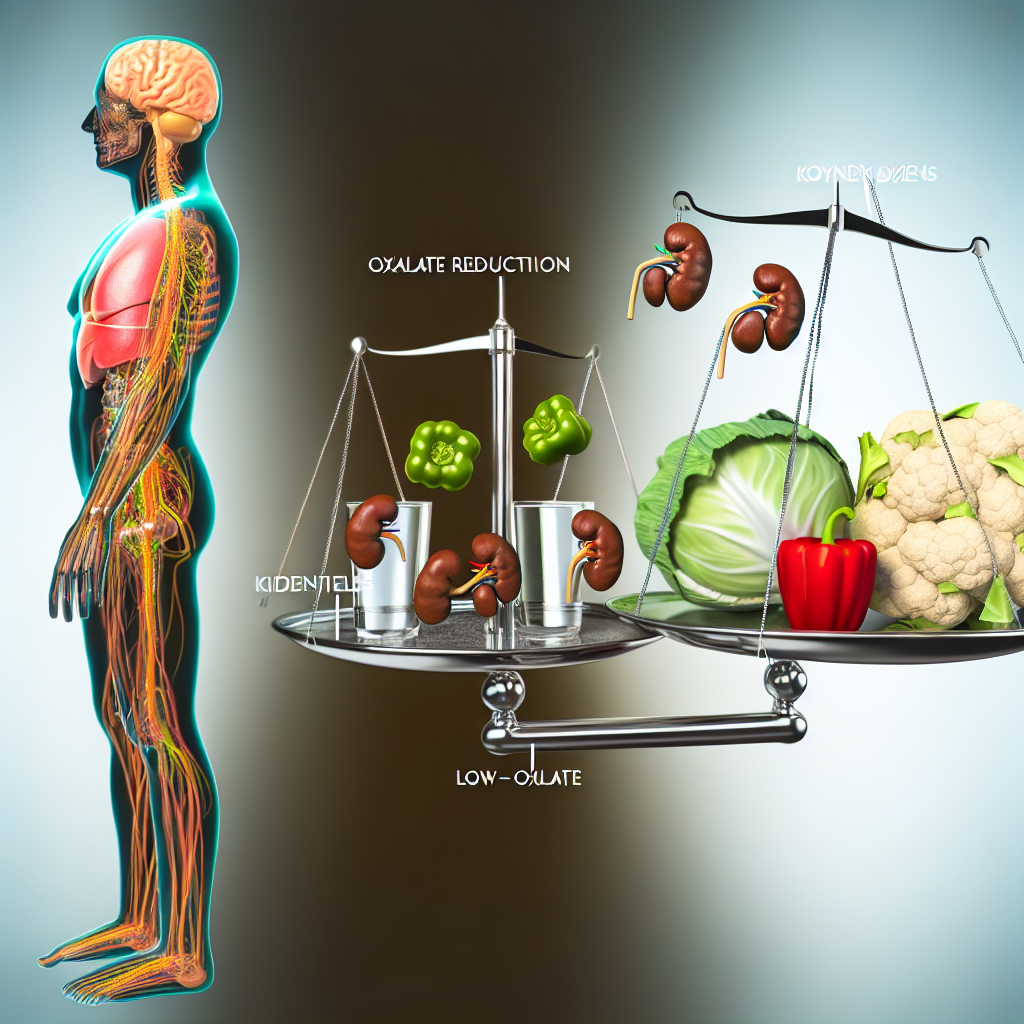The Challenge of Cognitive Decline in Aging
As individuals age, cognitive decline often becomes a pressing concern. Memory, attention, and overall mental processing can diminish, leading to challenges in daily life. While pharmacological interventions exist, they are not always effective and can come with unwanted side effects. In recent years, mindfulness techniques have emerged as a promising, non-invasive method for enhancing cognitive health, particularly memory function in seniors. These practices promote greater awareness, concentration, and mental clarity by encouraging individuals to focus on the present moment.
Scientific Validation of Mindfulness Practices
Mindfulness is rooted in ancient contemplative traditions, such as meditation and breath awareness, but its modern application has been validated by scientific research. Advances in neuroscience show that mindfulness practices can lead to significant changes in brain structure and function, enhancing areas related to attention, memory consolidation, and emotional regulation. For older adults, this means a practical approach to counteract age-related cognitive decline while improving overall quality of life.
Impact on Neural Pathways and Mental Health
Research has revealed that mindfulness techniques can strengthen neural pathways that support memory function. Moreover, these practices encourage relaxation, reduce stress, and help combat depression—all factors that can impair cognitive health in seniors. By incorporating mindfulness into daily life, seniors can actively engage in their cognitive health and potentially delay the progression of memory loss.
Research and Techniques Overview
Mindfulness techniques can be categorized into practices that target attention, sensory awareness, and memory integration. Each offers unique benefits to seniors by engaging different cognitive processes.
Focused Attention Meditation Benefits
Description: This practice involves directing attention to a specific object (e.g., the breath) for 10-15 minutes. When distractions arise, practitioners gently bring their focus back.
Benefits: Enhances attention span and strengthens the prefrontal cortex, a brain region crucial for memory.
Research Insight: A study published in the Journal of Cognitive Enhancement (Anderson et al., 2023) found that older adults practicing focused attention meditation for eight weeks exhibited improved working memory and reduced mind-wandering.
Body Scan Meditation Techniques
Description: This practice involves mentally scanning the body from head to toe, paying attention to sensations without judgment.
Benefits: Encourages sensory memory, relaxation, and improved spatial awareness.
Research Insight: A clinical trial (Wilson et al., 2021) demonstrated that seniors who practiced body scans for 20 minutes daily reported improved sleep quality and better memory recall compared to a control group.
Walking Meditation Implementation
Description: This practice incorporates slow, intentional walking with a focus on physical sensations and the environment.
Benefits: Promotes movement awareness, sequential processing, and environmental engagement, all critical for memory.
Research Insight: A study in Mindfulness (Thompson et al., 2023) observed that seniors engaging in walking meditation showed improved attention switching and enhanced recall during cognitive tasks.
Memory Anchoring Practice
Description: This technique involves associating present-moment awareness with sensory experiences (e.g., sounds, visuals) to anchor memories.
Benefits: Supports memory consolidation and pattern recognition by enhancing focus during learning moments.
Clinical Applications and Research Evidence
Mindfulness-based interventions are increasingly adopted in clinical and community settings to support seniors. Programs such as Mindfulness-Based Stress Reduction (MBSR) have shown that seniors experience significant cognitive improvements when these techniques are practiced consistently. For example, a program conducted in senior living communities revealed that incorporating mindfulness practices led to measurable improvements in participants’ short-term memory and processing speed.
Additionally, neuroimaging studies support the efficacy of mindfulness. Research using MRI scans has shown that mindfulness meditation increases gray matter density in brain regions associated with memory and attention, such as the hippocampus and prefrontal cortex. This structural improvement can mitigate the natural decline that occurs with aging, offering a neuroprotective benefit.
Final Insights and Future Implementation
Mindfulness techniques provide seniors with accessible, non-pharmacological tools to enhance memory and overall cognitive function. Practices like focused attention, body scans, and walking meditation engage neural mechanisms that support attention, memory consolidation, and emotional regulation. As research continues to validate these methods, mindfulness can play an integral role in cognitive aging strategies. By integrating mindfulness into daily life, seniors can experience improved memory function, enhanced well-being, and a better quality of life.

Dominic E. is a passionate filmmaker navigating the exciting intersection of art and science. By day, he delves into the complexities of the human body as a full-time medical writer, meticulously translating intricate medical concepts into accessible and engaging narratives. By night, he explores the boundless realm of cinematic storytelling, crafting narratives that evoke emotion and challenge perspectives.
Film Student and Full-time Medical Writer for ContentVendor.com




